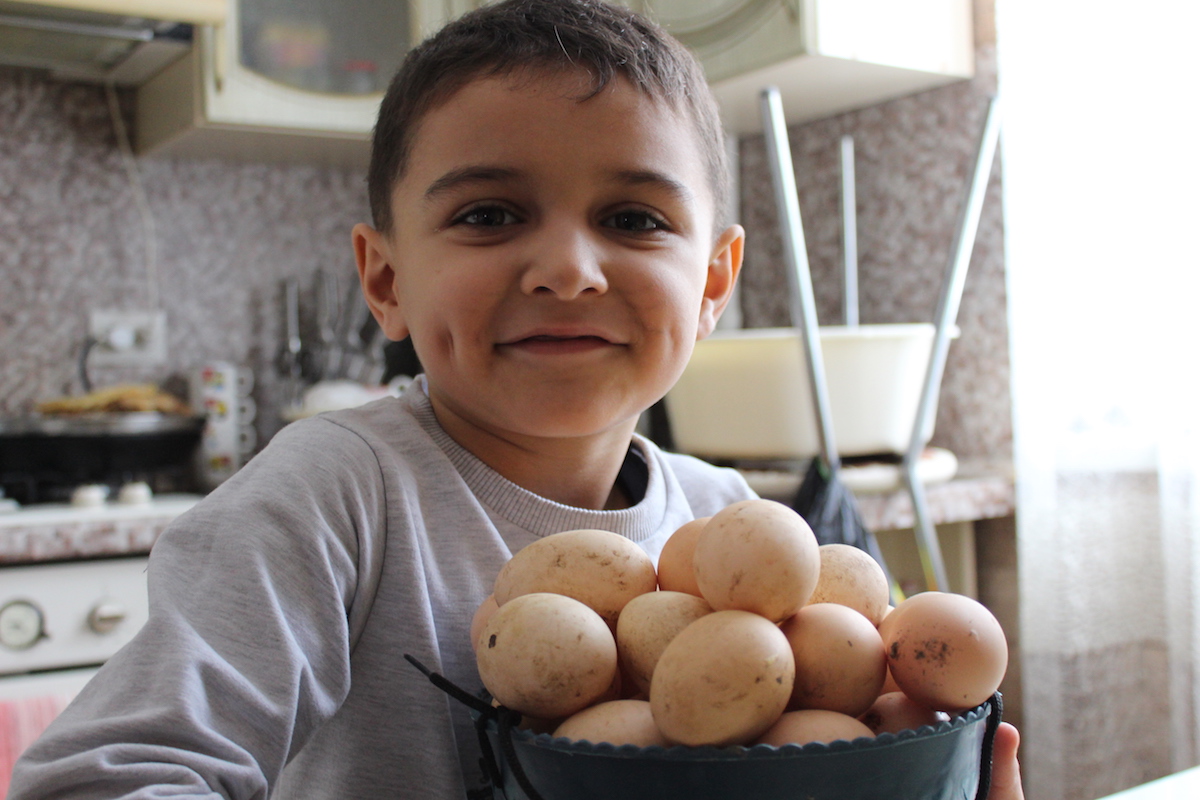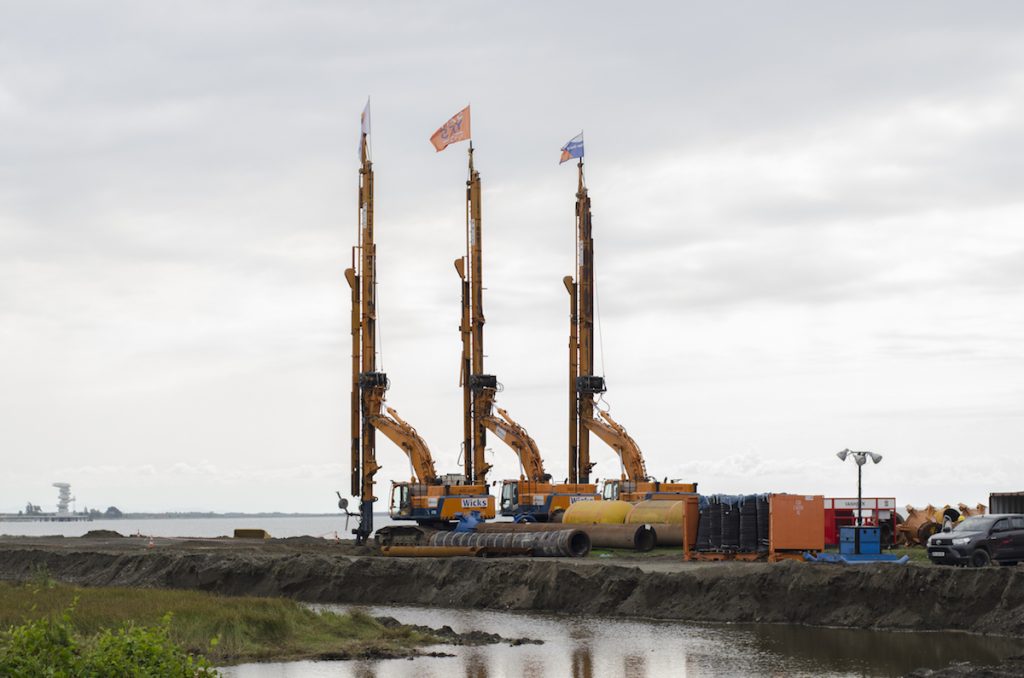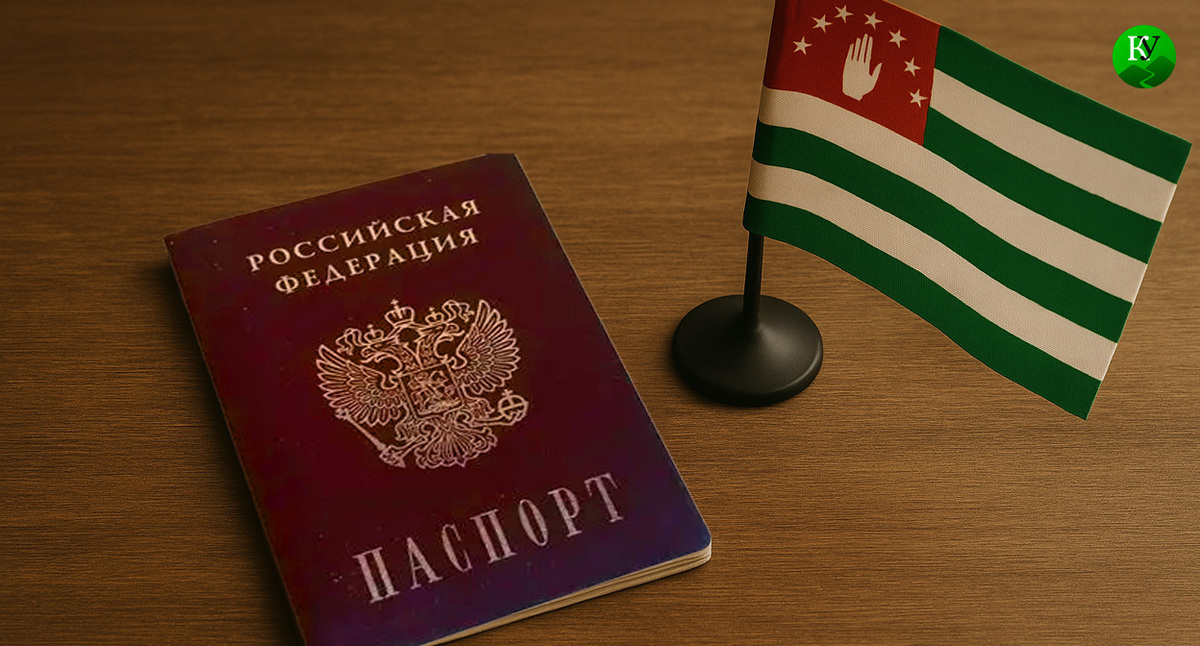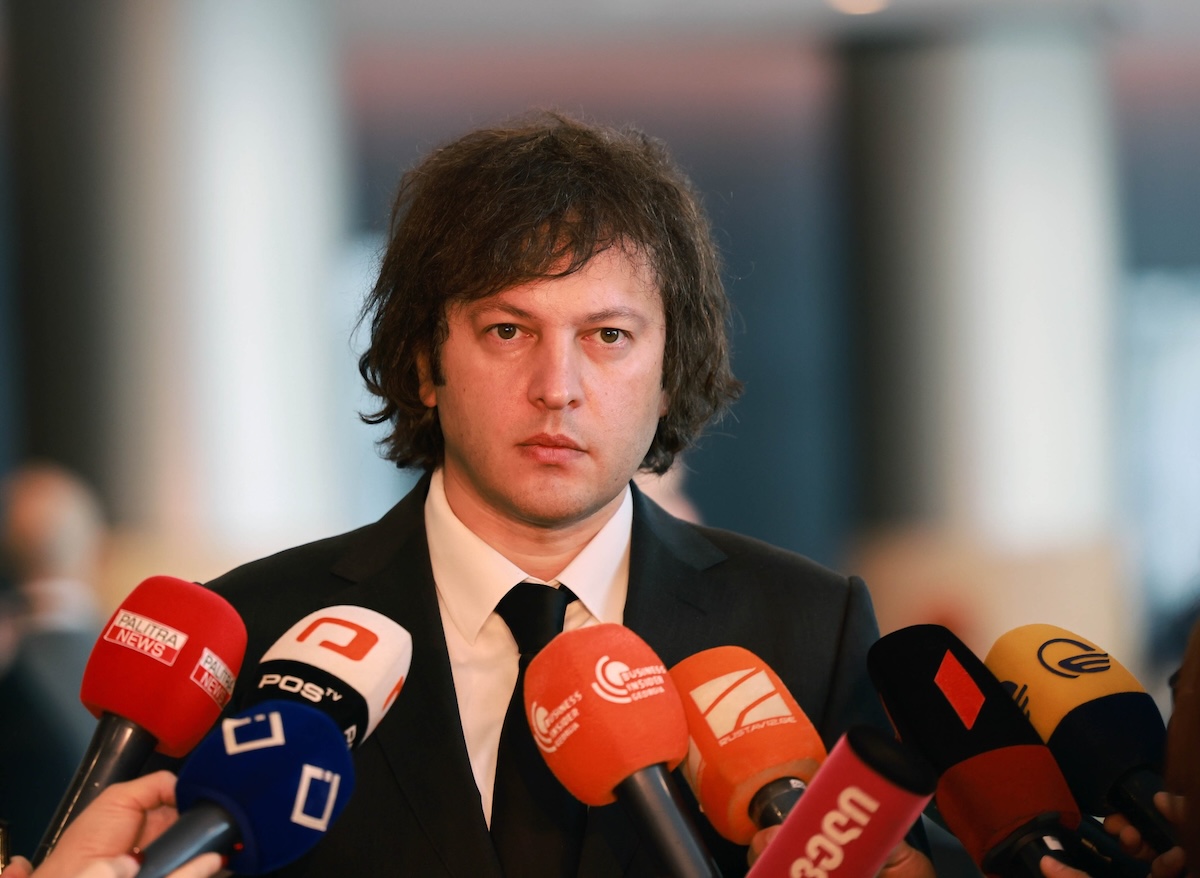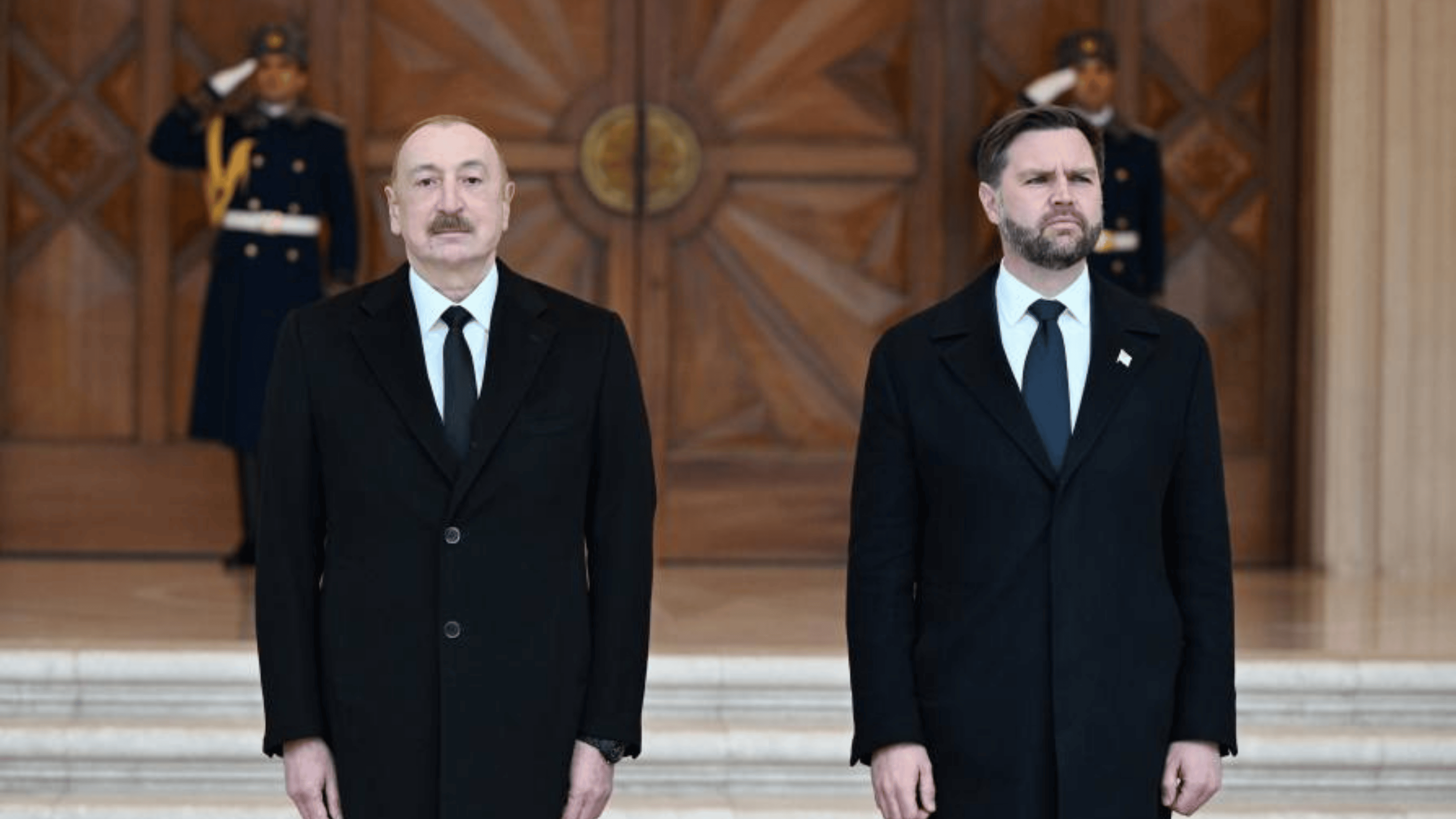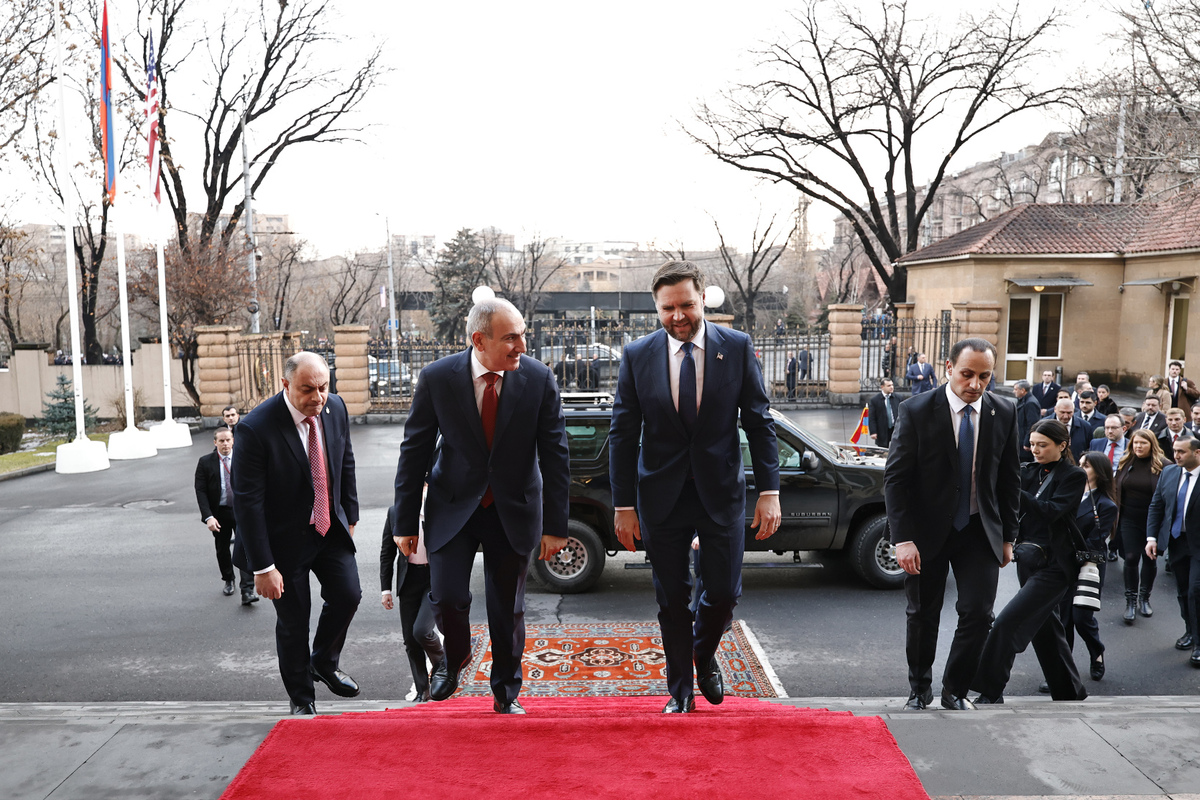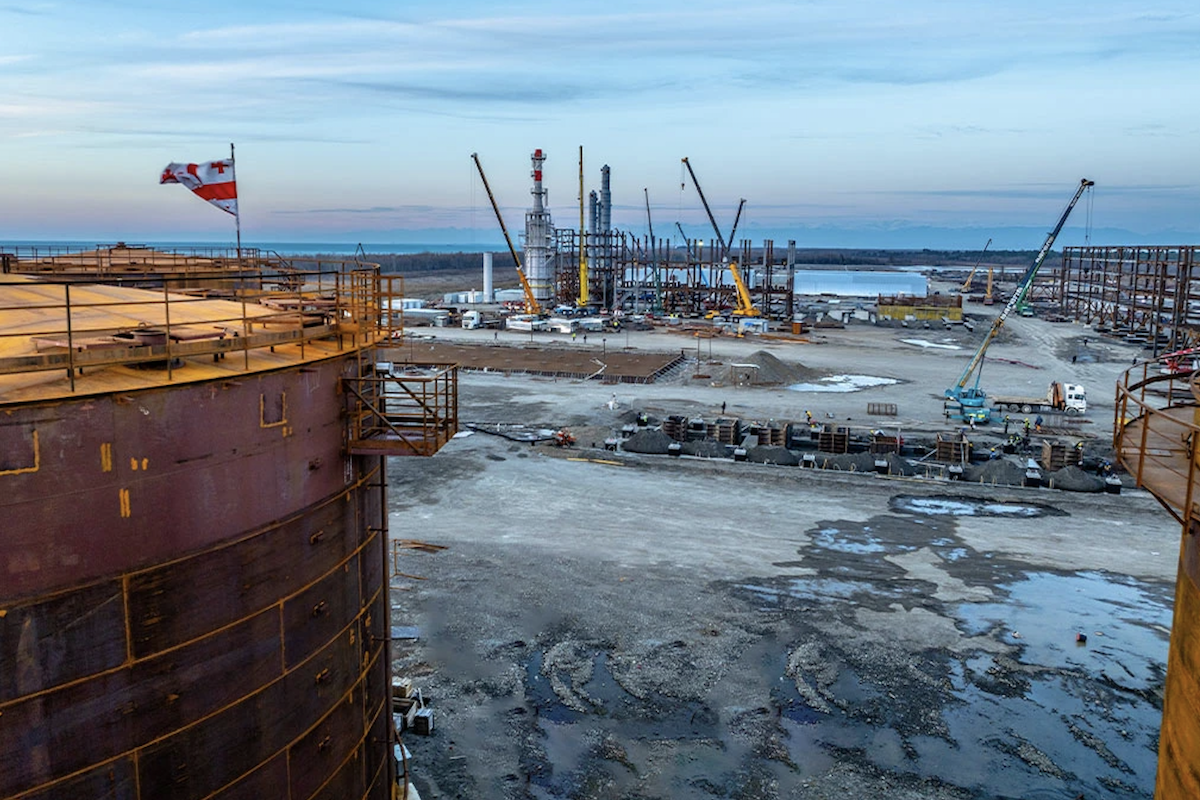Farmer in the wilderness - how to build a business in South Ossetia
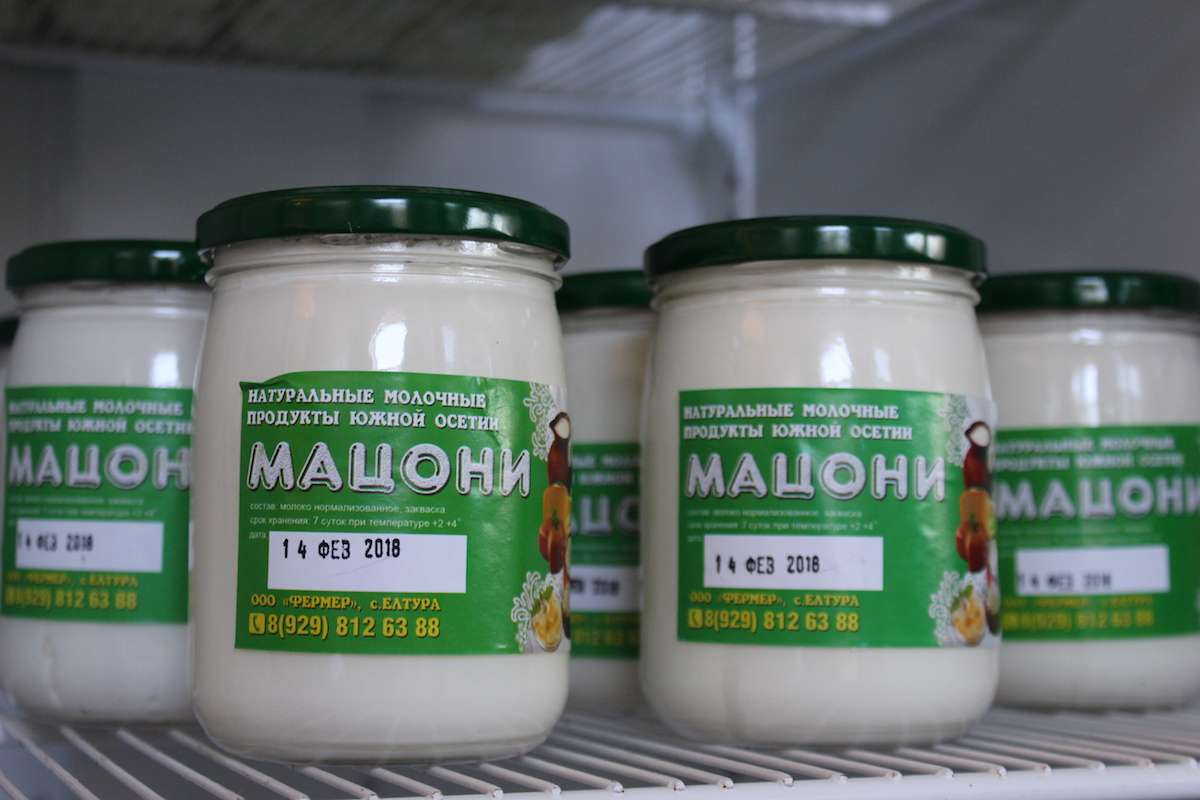
Everybody knows this brand in South Ossetia. There are two Fermer stores in Tskhinval in which produce simply seems to fly off the shelves. This small dairy-meat empire was created by farmer Robert Siukaev. He says that he has more than 100 cows in his herd now.
But five years ago, there was nothing of the sort. Here’s how it all came about.
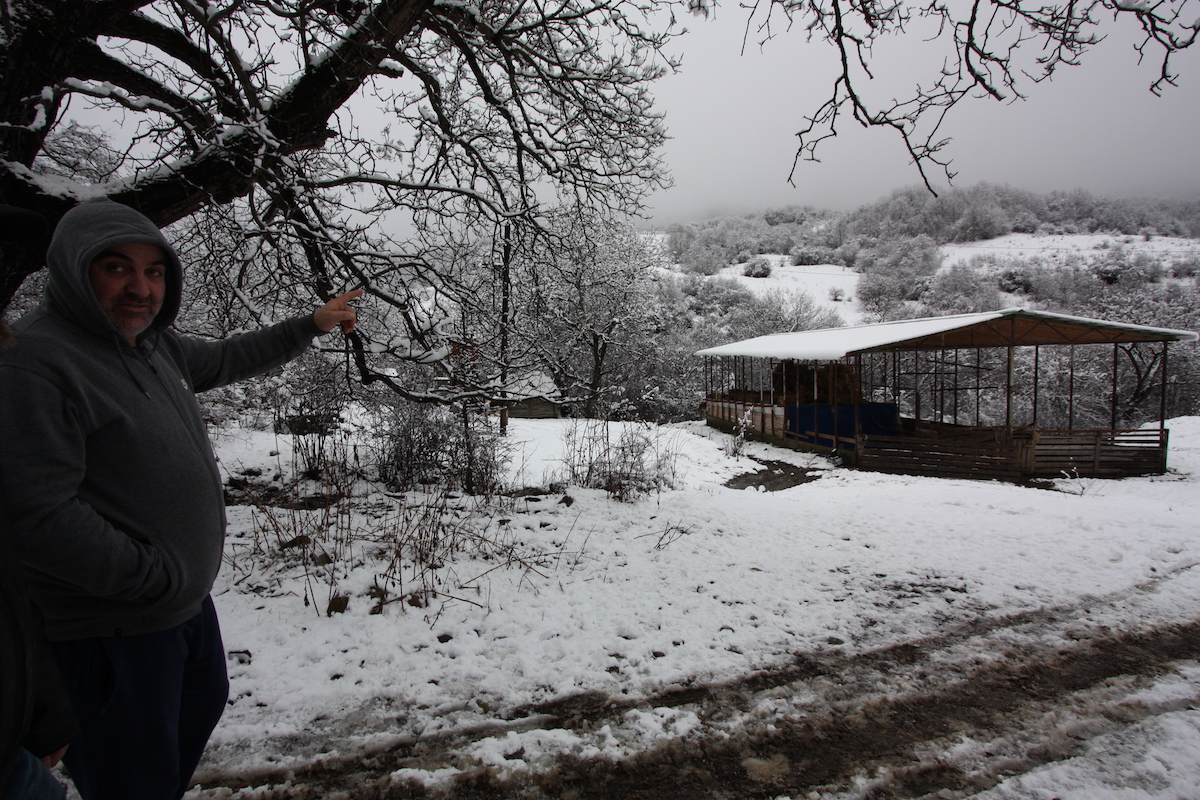
Thirty-four--year-old Sima is Robert’s wife. He is ten years older than her. Sima grew up in Vladikavkaz, North Ossetia. A city girl, she ended up marrying Robert – a boy who had lived with his parents in Eltur village.
The formerly picturesque location used to boast a rather large population. Nine years ago however, when Sima came to live with her husband, her new family turned out to be the only one in the area.
Nothing has changed throughout the years – the lights are only on in Sima and Robert’s courtyard, with the rest of the village filled with abandoned homes and courtyards.
The Siukaevs had only eight cows then – but they kept them for themselves for dairy production. The business came about rather accidentally and in an unusual way.
“It all began due to a tragedy,” says Robert.
In 2012, the Siukayevs lost their home in a fire and they ended up quite literally on the street.
Robert was not far away at the time, and was in the fields. His family was at home.
“My friends who had just arrived in the village ran up to me. ‘Your house is burning, your house is burning!’ they yelled at me. I ran as fast as I could, and begged God to save the children. Then, from afar, I saw Sima next to the house. She was holding our younger son and my daughter was next to her. In that moment everything else became less important,” Robert recounts.
After the fire they started living out of a metal trailer – and they had to find a way to live. His parents were already too old to help about the home or with making money. After the fire, they decided to move to the city. Robert and Sima decided to start a business – a farm.
“The authorities helped us – they gave us a Finnish-style house: two bedrooms, a living room, kitchen and bathroom. We had to invest quite a bit to make it sound for living though. We laid brick around the exterior of the house. There’s still much to do, but the main thing is that there is water and heating,” says Robert.
In 2012 the Siukaevs got a credit line and began working for the first time not just for themselves, but on the market, as well.
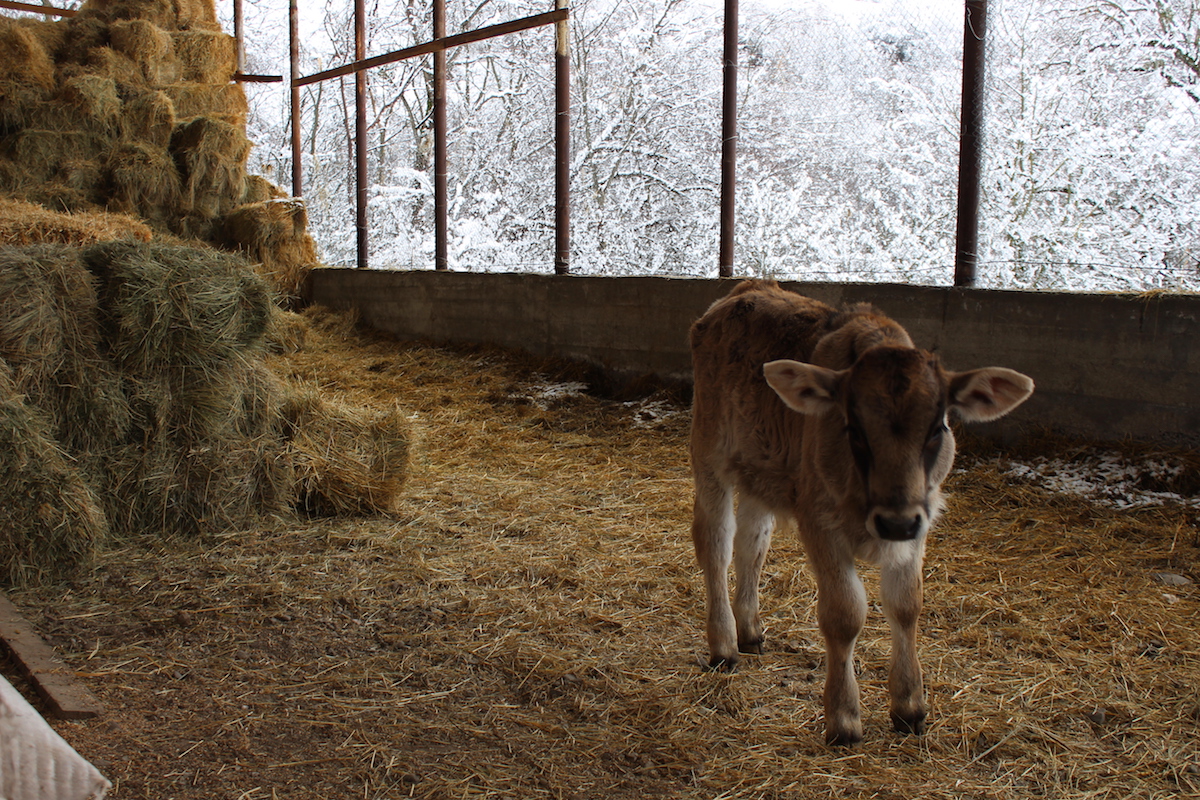
They first thing they did was to buy more cows. Naturally, they had to fend off bears.
“They say that women at my age want something else. But I’ve settled in well here, I like it and I’ve gotten used to it. I’m just afraid of the bears. One day I went out on the porch and Robert was loading milk into the car at the time. I heard stones tumbling down the mountain. I took a look in that direction, and there was a bear sitting not further than 50 metres away from our house on top of a hill. It was sitting just like a person on its rear. It was a mother with her cubs. She got up later and went back into the forest. That night there had been rain, and evidently she had gotten wet. As she got up, she shook herself off, and I saw how the drops of rain flew off her coat,” says Sima.
Robert says that jackals and wolves aren’t rare there either, but that the bears are the most difficult to deal with.
“A few times this summer, bears got to my cows. You stand there looking on, but you can’t do anything about it. For that reason we have dogs now. The land we own is still not fenced off. Only the stall where the cows are kept during the winter is covered. During summer they graze freely on my lands,” Robert explains.
The number of cows grew every year in proportion to the demand for their produce in the city. The couple took on even more work. They started saving up feed for the winter during the summer period, and got up early in the morning to take their dairy produce to town.
R
obert and Sima split the work as follows:
He looks after the cows, takes the produce into town and manages the two shops. He takes the older daughter to school every day and the younger son to kindergarten.
Sima milks the cows and prepares the produce: cheese, milk, sour cream, butter and meat products. She is also responsible for the home and for preparing meals for the family.
“It’s easier now,” she says. “We have all this equipment such as a milking machine and a steriliser.”
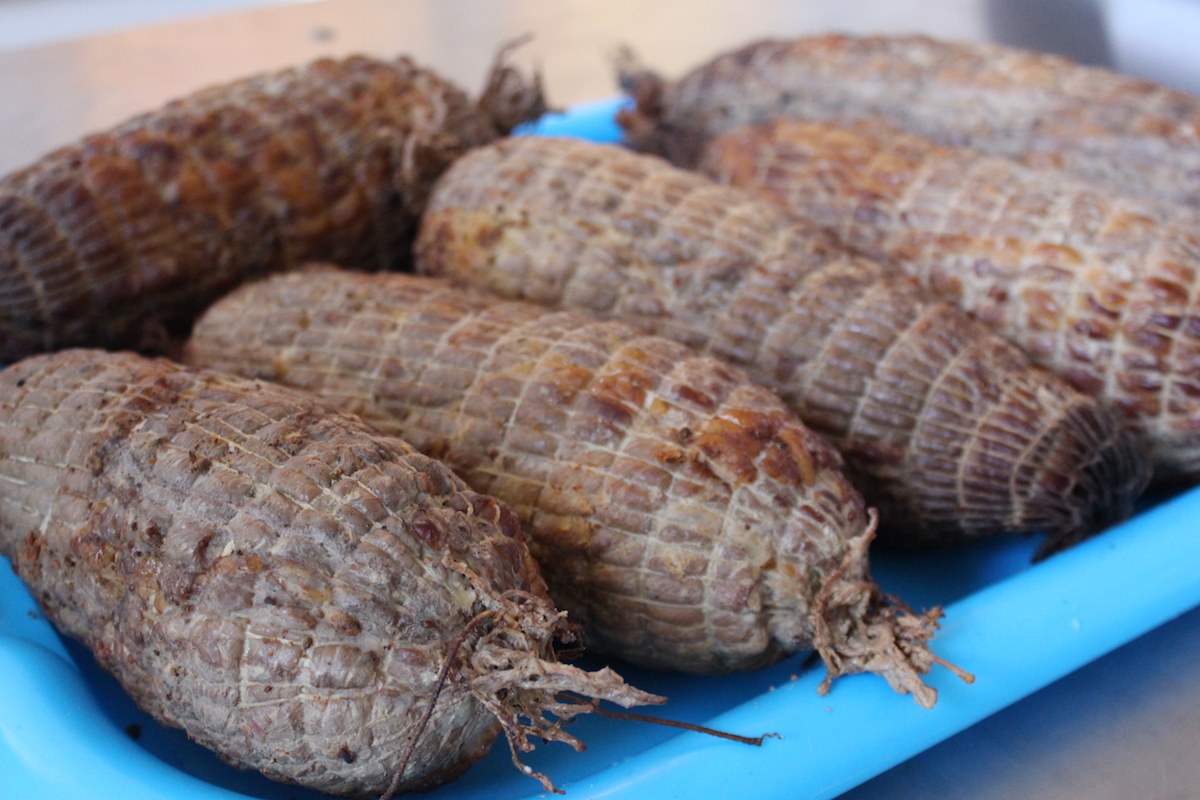
Their stores hosts different produce: in one store they have dairy products and eggs, while in the other they have meat products.
“When there is a large demand for meat, we buy up cows outside of South Ossetia and import them. In December we bought several cows for slaughter. But five of them turned out to be pregnant – the merchant who sold them to us didn’t seem to know about this. We brought them back to the stables of course. And so we got ourselves a present for the new year: we bought five cows, and ended up with ten,” says Robert.
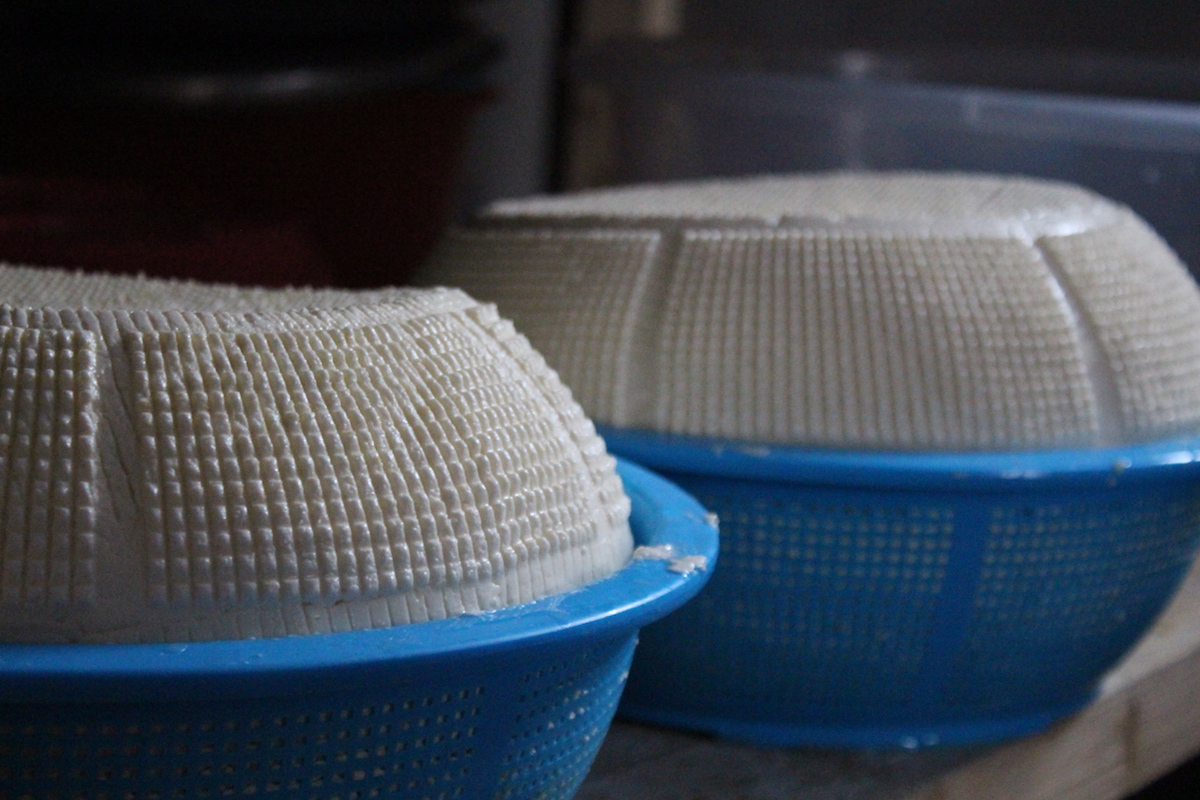
The Siukaevs are still competing with imported produce.
A kilogram of beef costs 300 roubles [a bit more than $5] in Robert’s store, whereas imported meat costs 350 [about $6]. The difference is almost the same as on the dairy market: a liter of milk from Robert’s farm costs 60 roubles [about $1], while imported milk costs between 70 – 100 roubles [about $1.50].
R
obert’s business is not typical for South Ossetia. Almost nobody produces dairy products here, and almost everything is imported from Russia. Robert is confident that his business will continue to grow:
“Despite all the difficulties and problems, this is a market with real possibilities. And plus, I have a great job: I get to deliver fresh, natural and beneficial produce to people.”
